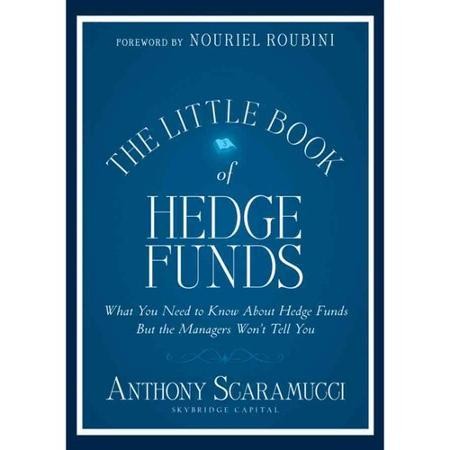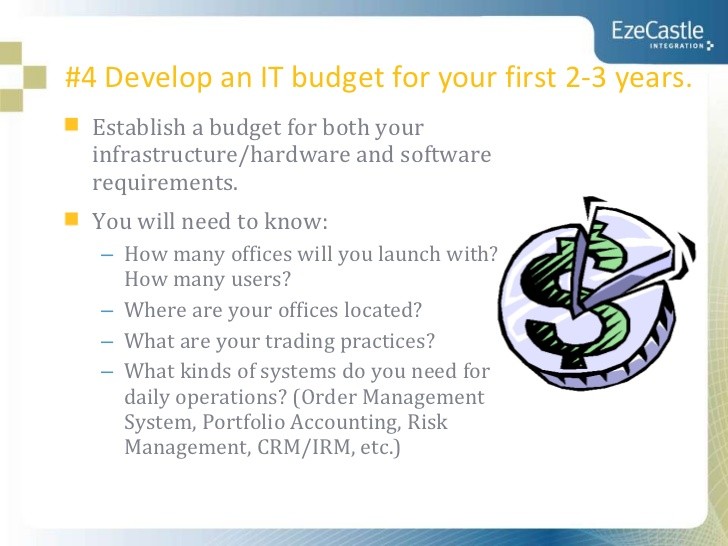What you need to know about hedge funds
Post on: 13 Май, 2015 No Comment

Do hedge funds belong in your portfolio?
Before starting his own company, Steve helped build several hedge funds, including Stark Investments, a Milwaukee-based fund, where he was head of trading in its formative days. Steve received his undergraduate degree from Wharton and his master’s degree in quantitative finance from the University of Wisconsin, where he sometimes teaches courses on derivatives and hedge funds.
My questions and his email responses, edited for brevity and clarity, follow.
Q. Who should consider investing in hedge funds?
A. First, a hedge fund investor must be accredited. This is a technical term established by the Security and Exchange Commission (SEC) to ensure that only high net worth investors purchase hedge funds. Second, the investor should understand the diversifying benefits that hedge funds offer. Lastly, I believe the investor should be able to allocate $1 million to hedge funds and have this only be 25 percent of his or her assets. Unfortunately, if you have a $450,000 retirement account, you will unlikely be able to invest in hedge funds because you won’t meet the minimums of most funds, and it will be too costly to find the right ones.
Q. Many critics of hedge funds state that because of the high (approximately 20 percent) fee paid to the manager, it is highly unlikely to be profitable. What is your response?
A. To clarify, the fee you mention is the share of profits we receive. Aptly named a performance fee, it is only paid if the fund is profitable. The other fee is a management fee and is equal to or less than what mutual funds charge. So if a fund says it charges 1 and 20, it means the annual management fee is 1 percent and the performance fee is 20 percent. We hedge fund managers claim that the performance fee aligns our interests with the investor’s — that is, we want to make money too. We argue that our superior risk-adjusted returns justify these fees.
Q. What advantages do hedge fund managers have over mutual fund managers, whose fee is much smaller than those of hedge funds?
A. We would argue that by charging a performance fee, we align our interests with yours. The mutual fund manager charges a percentage of assets under management, so the way he makes money is by gathering assets. We make money by performing. Also, we have access to much more sophisticated strategies — such as relative-value arbitrage, credit long/short and distressed debt investing — that may include shorting and leverage. These and other strategies provide great diversification benefits and generally cannot be implemented in the mutual-fund structure.
Q. How has your fund performed in comparison to other alternatives?

A. Hedge funds are not permitted to publicly state their performance, per limitations imposed by the SEC. That’s why you won’t hear anyone else talking about their performance. People believe hedge funds operate in some shadowy, mystical underworld because of this. It is the rules the government imposes on our industry that makes us so secretive.
Q. How should an investor select a hedge fund?
A. This can be tricky. There are so many different hedge fund strategies with various risk/return profiles that an individual investor should probably find an advisor or consultant to guide them. There are helpful databases that compile hedge fund returns and descriptions; however, they usually charge a fee. (Some examples are HedgeCo, BarclayHedge, PerTrac and Morningstar.) Investors should understand a fund’s strategy and consider the stability of the historical returns, study its correlations with other assets, and check for major drawdowns (tail risk).
Q. Can you summarize why an investor should consider hedge funds as part of his investment program?
A. Hedge funds provide a way for investors to reshape the risk/return profile of their portfolio by deploying strategies that are uncorrelated with traditional stock and bond markets. Done right, the addition of hedge funds improves expected returns without changing the riskiness of the portfolio.
(Elliot Raphaelson welcomes your questions and comments at elliotraph@gmail.com .)














